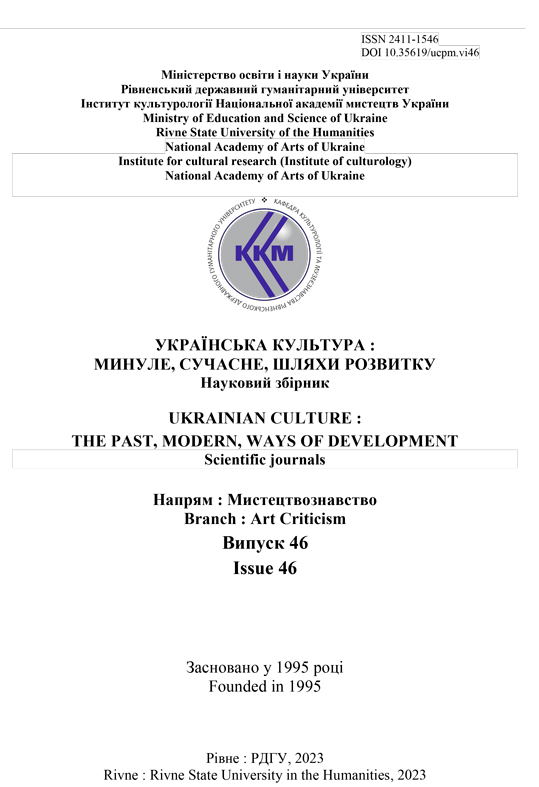SPECIFICITY OF NATIONAL STYLE AND MODERN CONCEPTS IN THE SYMPHONIC GENRE KAZAKHSTAN MUSIC OF THE XX-XXI CENTURIES
DOI:
https://doi.org/10.35619/ucpmk.v46i.682Keywords:
Kazakh culture, national traditions, ethnic art, folk creativity, symphony genre, atonality, dodecaphony.Abstract
The national culture of Kazakhstan, a country whose territory connects the West and the East of Eurasia for thousands of centuries, has attracted the attention of scientists as a unique culture that, after the transformation of the post-Soviet period, received the status of a phenomenon of world culture. The changes that have taken place over the past three
decades have affected all spheres of social life in Kazakhstan and have been reflected in the art of music.
The research methodology is based on the synthesis of scientific methods: source studies, cultural studies, historical and stylistic, analytical, general aesthetic. The chosen methods provide a holistic view of the subject of research and systematization of knowledge.
The purpose of the research is to identify the specifics of the national style and modern concepts in the work of Kazakh composers of the specified period using the example of the symphonic genre. Results. Kazakh culture flourished as a national phenomenon at the turn of the 20 th-21 st centuries. The process of formation of the orchestral style in the symphonic
music of Kazakhstan was most consistently marked in the 60s and 70 s of the 20 th century by the birth of a number of new works, indicative from the point of view of their increased orchestral skill. The structure of the modern musical culture of Kazakhstan reflects the main stages of its history, each of which added new layers: folklore (archaic and authentic from the most ancient period); professional art of oral tradition (epos; songs and instrumental music); academic art of European formation. Novelty. An artistic innovation of modern composers should be considered the combination in one ensemble of the instrumentation of European culture with the timbral performance capabilities of Kazakh folk instruments. The specificity of the national style and modern concepts in the symphonic genre of Kazakh music consists in the introduction of the latest compositional techniques and means of expression in a harmonious synthesis with the traditions of national musical art.
Experiments in the field of interaction of cultures, genres, techniques and composition are one of the main directions of creative searches. Since the 1980s, the creative output of Kazakhstan composers has followed an avant-garde direction as a result of the synthesis of the cultures of the East and the West. The main innovations affected the texture of the musical work, its metrorhythmic organization and timbral dramaturgy, as well as the strengthening of polyphonic means, the use of atonality, dodecaphony, which became one of the main trends in music of the 20 th century.
The practical significance. Based on the results of the research, it is concluded that the creative output of Kazakh composers presents not only a new artistic interpretation of classical works, but also creates unique samples of Kazakh musical art, synthesizing modern concepts and national traditions of folk creativity and folklore, based on ethnic and religious worldview, spiritual values and historical past. The results of the research spread knowledge in the field of Kazakh musical art of the modern period and can be used as a basis for new art studies.




